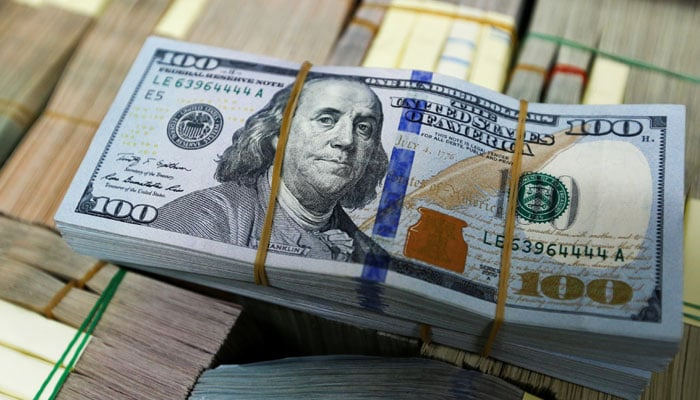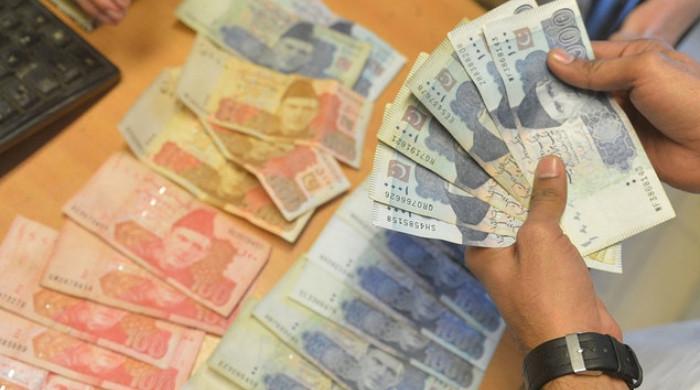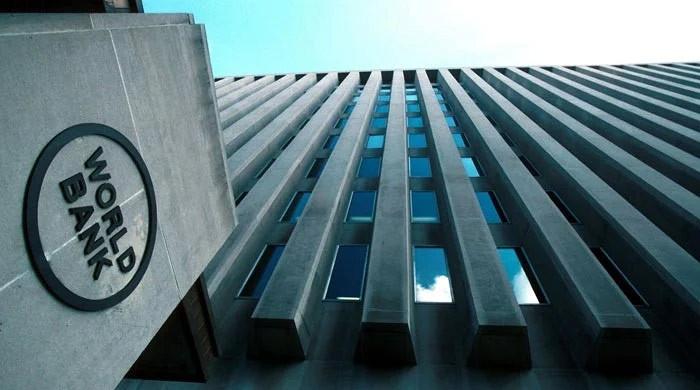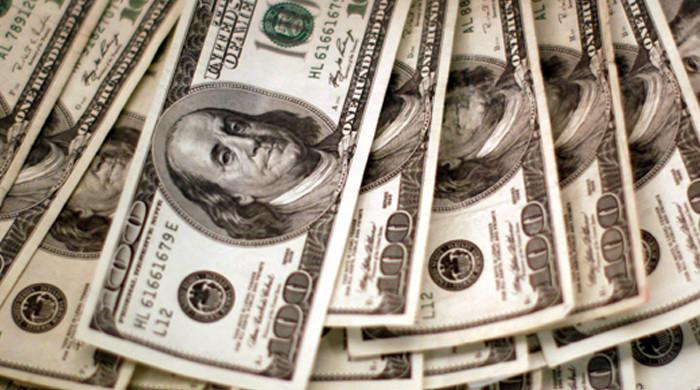Exchange firms willing to open LCs for imports at open market rates
Zafar Paracha says exchange firms can pay up to $50,000 for pending and new LCs
January 08, 2023

- Exchange firms offer financing at open market rates.
- Can pay up to $50,000 for pending, new LCs, says Zafar Paracha.
- Paracha says Dollar rate in black market has spiked to over Rs270.
KARACHI: Exchange firms on Saturday offered the government to pay for the opening of letters of credit (LCs) for imports as banks hesitate to do so due to a shortage of foreign reserves.
General Secretary Exchange Companies Association, M Zafar Paracha, said in a statement that numerous sectors and industries are facing issues due to the banks' refusal to open the letters of credit.
Taking note of the crisis, the exchange companies decided to share the load, offering to assist the government by providing the needed US dollars, just as these firms do for credit card settlement, education purposes and medical treatments abroad, as well as Hajj, Umrah, religious pilgrimages, and other travels, he added.
Paracha said, “If the government allows, the exchange companies are ready to pay up to USD 50,000/- for the pending LCs and open new LCs to facilitate the concerns for the nation and country.”
He added that this would assure the availability of essentials and ease the government's burden.
He added that they might finance imports (letter of credit /LCs) worth $200-250 million in the next month. However, he said they would offer the financing at Rs255/$...compared to Rs227/$ in the inter-bank market.
He said that the rate in the black market has spiked to over Rs270.
Paracha said financing LCs through the open market would help divert the much-needed foreign exchange from the illegal hawala-hundi markets to the open legal market.
He said the exchange firms' suggestion has already been delivered to Finance Minister Ishaq Dar. The currency dealers' proposals come as the country toils with diminishing foreign exchange reserves. According to SBP data, the central bank’s foreign reserves fell by $245 million to $5.6 billion as of December 30.
The interbank and the open market gap has risen extensively as commercial banks refuse to open letters of credit for different import consignments, whereas exchange firms have yet to release dollars to even their frequent non-trade clients.
Importers have been confronting the brunt of the dollar drought, with their credit letters either denied or consignments sitting at docks for weeks because of a lack of clearance from banks. This also imposes demurrage charges on importers, additionally deepening their liquidity problems.
On Friday, January 6, edible oil importers requested the central bank to intervene as commercial banks refused to issue credit letters on the interbank rate despite the exclusion of the sector from the condition of prior permission from the central bank.









